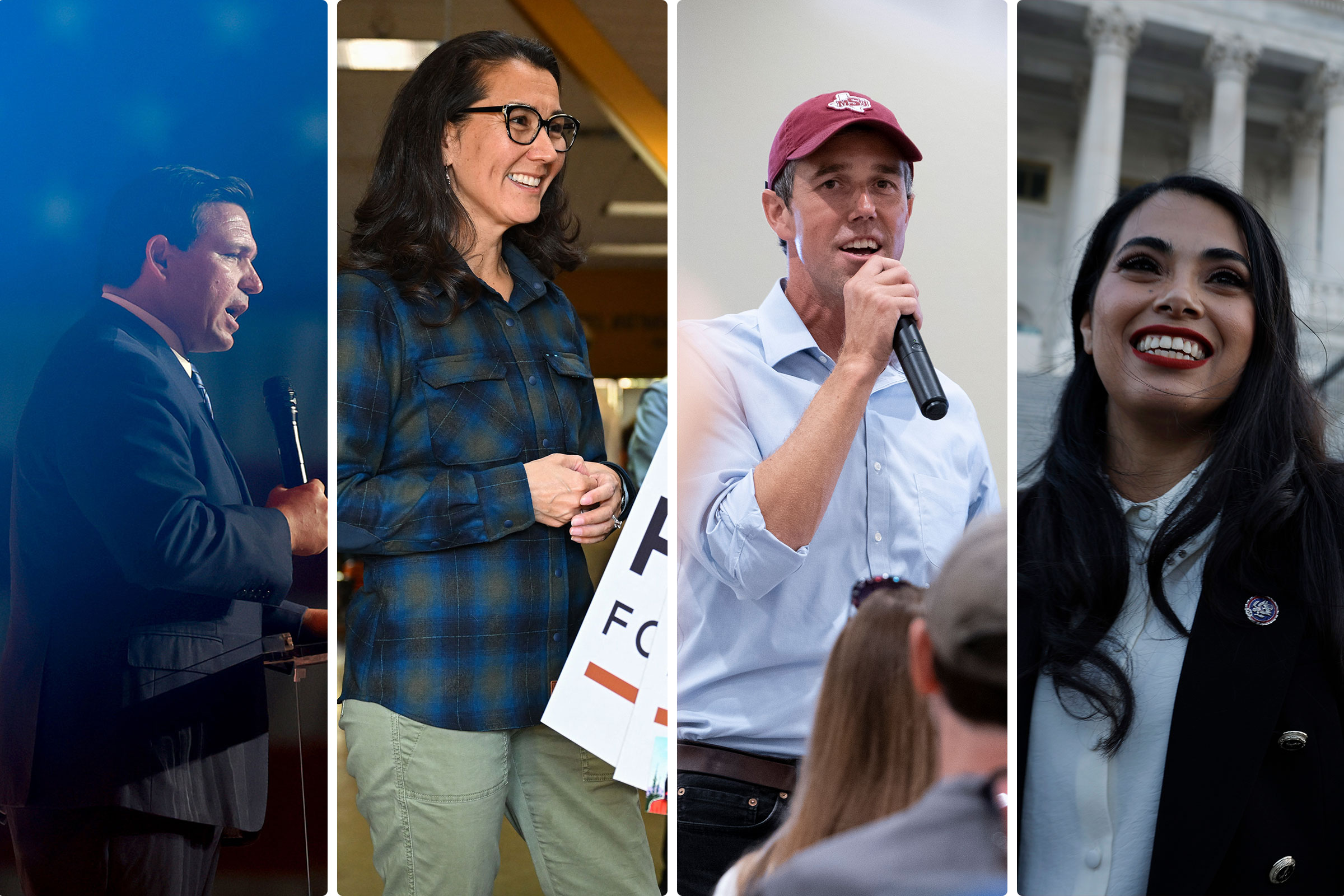
This article is part of The D.C. Brief, TIME’s politics newsletter. Sign up here to get stories like this sent to your inbox.
The national mood is iffy at best, facing a coin toss for which party will emerge victorious this election season. Polls show both parties are competitive in key races, the money race is an afterthought, and airwaves are backfilled with super PACs’ spending when the candidates themselves forget to dial for dollars. And enthusiasm among voters is high, even if the motivators for each party to head to the polls are as different as can be.
Still, elections are not national affairs. Each hamlet of roughly 700,000 Americans gets to pick its representative to the U.S. House, a few miles can separate a liberal stronghold in Washington state and a libertarian foothold in Idaho, and deep-blue Illinois and hard-red Indiana share a border. Anyone predicting a huge wave election would do well to consider this: a rising tide may lift all boats, but only if all boats are of the same size. And, to put it mildly, not all candidates or contests this midterm season are even in the same swimming pool. Localities matter in politics, and this year is a prime example of how just a few miles can make all the difference.
This week, with roughly a month to go until Election Day, The D.C. Brief will be touring 15 bellwether races in House, Senate, and governor match-ups, offering primers on five of the most telling races in each category. For instance, what do voters need to know about that race in a majority-Hispanic district in Texas that sent a Republican to Congress for the first time ever? Or what about a race that could be a rematch between the first Alaska Native representing Alaska in the House and former Alaska Gov. Sarah Palin? How are Latinos’ fracturing loyalties to Democrats going to affect the Senate races in Arizona and Nevada? In states with governors with White House ambitions, will the opposition party be able to shut down their dreams? (Florida, I’m talking about you. Texas, not far behind. New Hampshire, maybe. And Virginia’s governor is playing his own long game.)
A running theme throughout is how the national mood may be completely irrelevant to each race. After all, voters in Ohio may well split their ticket and support Republican Gov. Mike DeWine and Democratic Senate hopeful Tim Ryan with the same ballot. It is looking more and more like New Hampshire Gov. Chris Sununu and Sen. Maggie Hassan could each be taking victory laps at respective GOP and Democratic headquarters this fall. And Oregon could find its first Republican governor since 1975.
This political moment is one that feels oddly uneasy, but that’s not inherently a bad thing. Predictable politics make for a weak democracy. The partisans who are treating November as a fait accompli are missing the undercurrents in parochial races, where highly qualified candidates have already fallen to lesser rivals. While voting is underway in a handful of places already, the political landscape is still a live one, and the outcomes are far from settled.
So while all of our friends like to gab about politics at the macro level, it’s worth diving into a few of these specific ecosystems to examine political quirks, local deviations, and individual candidates that work. After all, the smart political consultants looking to land contracts for 2024’s money-soaked presidential contest are already out there. If you want to land in the White House, a relatively cheap way to field test a strategy is to win a race in a swing state. The 15 races The D.C. Brief will explore this week are the ones I have my eye on.
Make sense of what matters in Washington. Sign up for the D.C. Brief newsletter.
More Must-Reads from TIME
- Cybersecurity Experts Are Sounding the Alarm on DOGE
- Meet the 2025 Women of the Year
- The Harsh Truth About Disability Inclusion
- Why Do More Young Adults Have Cancer?
- Colman Domingo Leads With Radical Love
- How to Get Better at Doing Things Alone
- Michelle Zauner Stares Down the Darkness
Write to Philip Elliott at philip.elliott@time.com